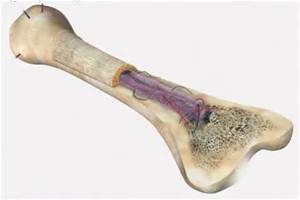Bone health is about directing the calcium to the bones and teeth rather than supplementing!! And Magnesium is more important than calcium for bone health.
Drs often encourage calcium supplements which can do more harm than good. The British Medical Journal 2011 found that calcium supplements without Vitamin D increase the risk of heart problems.
Magnesium is required to convert Vitamin D to its active form in the blood. Therefore taking Vitamin D without magnesium may not raise vitamin D blood levels. Magnesium is found in green leafy veg or supplement 200 – 400 mg per day of Magnesium Glycinate
Poor calcium metabolism can lead to osteoporosis and cardiovascular disease. A key regulator in this is vitamin K2 which helps move the calcium into our bones. K2 is found in grass fed eggs, butter and milk as well as grass fed beef. Modern grain fed livestock means we have issues relating to a lack of K2
Boron also has a key role in bone metabolism and interacts with calcium, magnesium and Vitamin D, found in peanuts, brazils, raisins , prunes, avocado
Calcium The body needs about 1200mg of calcium per day, but because our diets may be deficient (especially if dairy free) we think we should supplement. However our bodies replace bone every day and uses about 720mg of calcium to do that, much of which is recycled. So although we may use 1200mg, we don’t need to consume that much.
Calcium doesn’t need to come from dairy, it is also found in tinned fish with bones, such as salmon, sesame seeds (tahini is a good source), figs and green leafy vegetables. Boiling used bones in diluted vinegar helps release their minerals which can then be used in stock. Magnesium is far more important. It keeps calcium in the cells and ensures it is utilised. It’s not easy to eat enough greens to deliver therapeutic levels of magnesium. If you are considering supplementing you need the right balance between calcium as well as Vitamin K2, D3, boron and magnesium.

